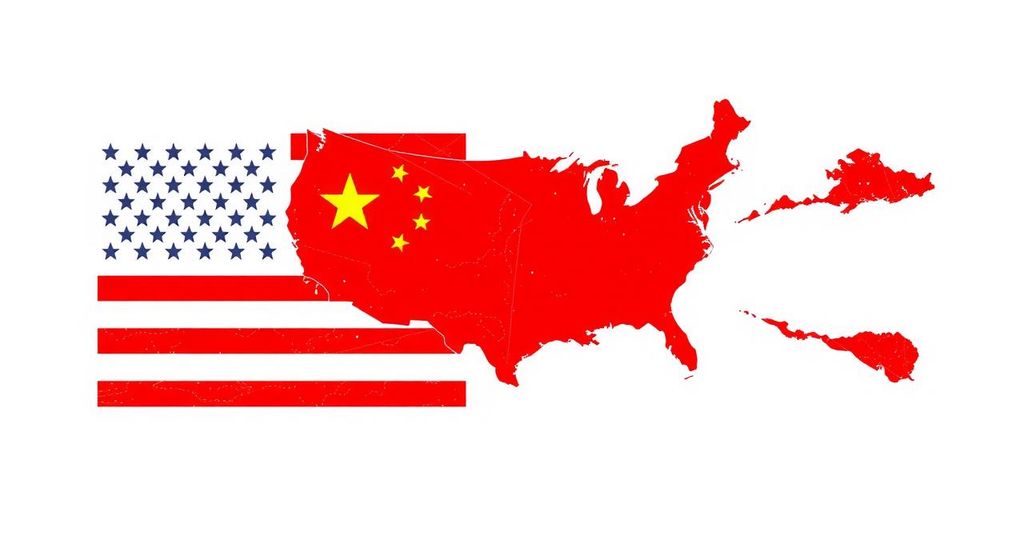Trump Expects China to Enforce Death Penalty for Fentanyl Traffickers

- Trump believes China will soon impose death penalties for fentanyl traffickers.
- The U.S. has accused China of inadequate action against fentanyl precursors.
- Ongoing trade tensions between the U.S. and China complicate drug talks.
- Trump remains optimistic about cooperation with Chinese leader Xi Jinping.
- China is tightening regulations on fentanyl precursors as drug seizures increase.
Trump’s Predictions on China’s Drug Trafficking Response
U.S. President Donald Trump voiced his belief that China may soon resort to capital punishment for those involved in fentanyl production and trafficking. This statement came amid ongoing discussions regarding illicit drugs and the broader issues affecting U.S.-China relations. The drug trade has become a point of contention, with both economic disagreements and security concerns intertwined. Washington has long accused Beijing of not doing enough to stop the flow of precursor chemicals that are essential for producing fentanyl, which has a significant role in America’s escalating overdose crisis.
Ongoing Economic and Security Discussions
In response to the fentanyl dilemma, Trump has implemented 20% tariffs on imports from China, a move that has not been reversed despite a recent fragile agreement on trade reached in Geneva. “I think we’re going to work it out so that China is going to end up going from that to giving the death penalty to the people that create this fentanyl and send it into our country,” Trump mentioned emphatically, suggesting that cooperation between the two nations is key for combating the drug epidemic. He also stressed that he’s optimistic about conversations with Chinese President Xi Jinping, indicating that both countries are seeking to improve their dialogue.
China’s Actions Against Drug Trafficking
China, for its part, has responded to some of the demands from Washington, although they have yet to comply fully. Recently, mentions of counter-narcotics measures have been highlighted, including the regulation of specific chemicals used to make fentanyl. It is noteworthy that China added two more fentanyl precursors to its list of controlled substances, making it clear that they are attempting to beef up their drug control efforts. State media reported the interception of over two tons of illegal drugs and the apprehension of hundreds of suspects linked to drug smuggling just within the current year, showing that there are some significant moves being made on the ground as well.
The complexities of fentanyl trafficking and U.S.-China relations remain critical as President Trump highlights potential actions from Beijing in addressing the issue. The imposition of tariffs has continued despite ongoing discussions, and China’s recent measures on drug control indicate that they are engaging with the issue at hand. Moving forward, it remains essential to see if these diplomatic efforts will yield a coordinated response to the tragic impact of fentanyl in America.







